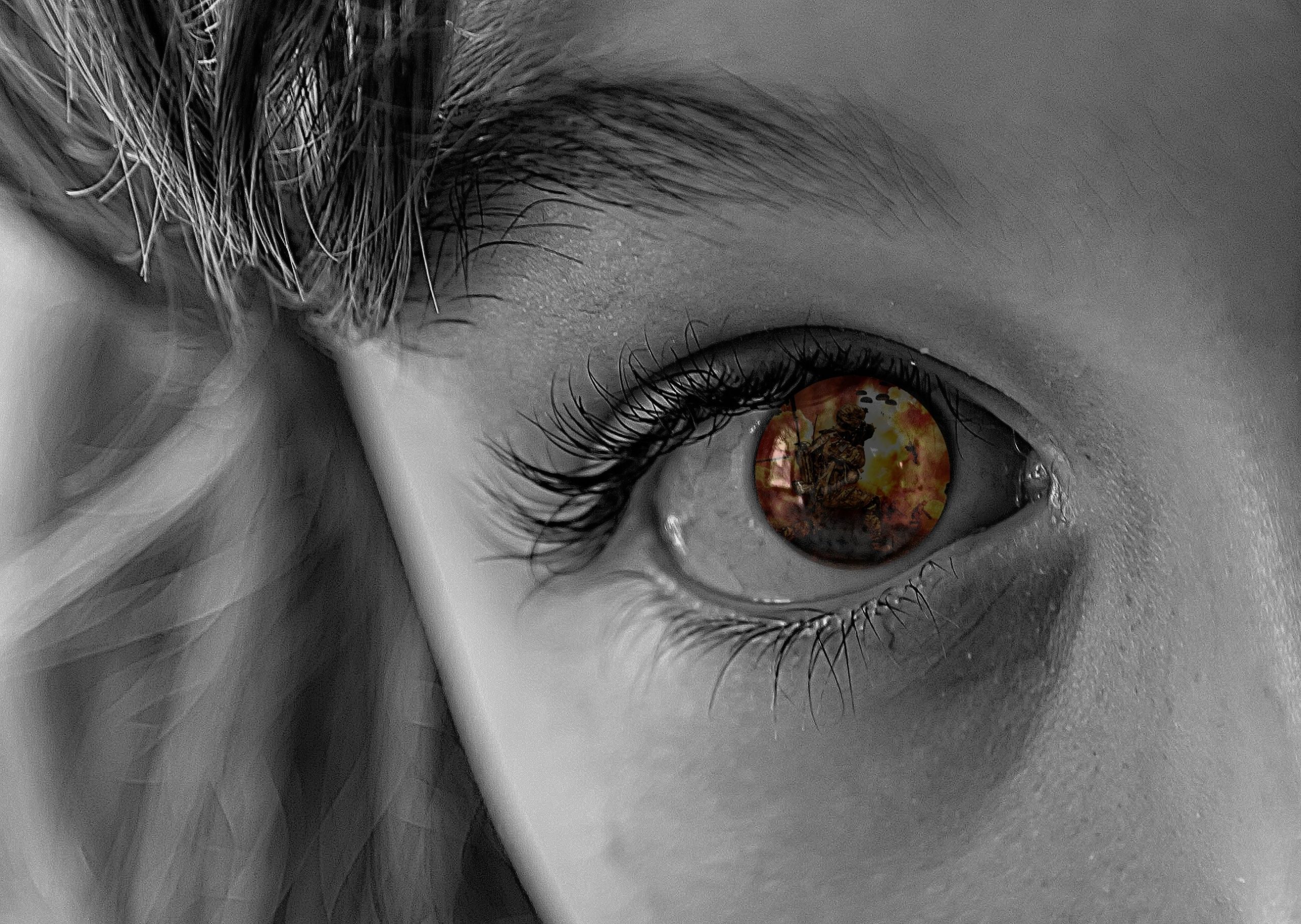By Dr Heidi Hales – Consultant Adolescent Forensic Psychiatrist
Medical Lead for Community Forensic Services
This article appears in our latest newsletter (Summer 2023) which can be downloaded here.
We are in exciting times for research into adolescent forensic mental health. The advent of routine video conferencing and face time has enabled easier networking between national and international colleagues such that we can develop research collaborations to learn from each other.
There is now an active 4Nations research group into secure welfare care across the United Kingdom, where there are now distinct practices across our devolved nations, which aid investigations of what works & for whom.
There is also an international research collaboration where the very different practices across jurisdictions worldwide enables informative discussions around meanings of security and restrictive practice and learning from each other about decisions in use of justice, welfare and mental health for young people in need of secure care.
Analyses and discussion around Minimum Age of Criminal Responsibility across jurisdictions also highlights historical differences in consideration of how to manage young people who commit crimes. It raises challenges for each country in future planning of services that are developmentally aware whilst understanding risk and the need to support victims.
Whilst there have been studies of the mental health morbidity of young offenders, previous studies have not considered neurodevelopmental disorders. The needs of young people with neurodevelopmental disorders being highlighted across many areas of work with young people in need, including in adolescent forensic mental health settings.
Now is the time to bring this together to enable us to work towards prevention and early intervention for the younger generation and support for those who have already come into contact with justice services.
There is still insufficient evidence about effective interventions for young people with risk behaviours. The advent of community forensic CAMHS Services in England and the FACTS service in Wales have led the way in providing an even coverage of community forensic services for young people but their main role is for consultation rather than intervention.
There was (and still is) hope for MultiSystemic Therapy but the national evaluation study in England a few years ago, found MST to be no more effective than intervention as usual… Those in favour of MST argue that intervention as usual in studies may well have been better than usual because of the study and that the assessment was done early in MST application in England, before processes were fully embedded and efficient.
We have been left with a small network of MST services rather than national coverage and other services offering different multifocal interventions.
Noting that research is so much more enjoyable and effective if completed in teams and more likely to get completed – this is a call to arms for all ‘would be researchers’ to join adolescent forensic research collaborations across your region / nation and internationally.
Research can transform lives. We want to support discoveries about what helps people with mental disorder who have been victims of criminal behaviour, or perpetrators of criminal behaviour, and their families, and the clinicians and others who treat them and, indeed, the wider community when its members are in contact with these problems. More effective prevention is the ideal, when this is not possible, we need more effective, evidenced interventions for recovery and restoration of safety.
Please help us by donating to Crime In Mind – DONATE TO CRIME IN MIND HERE

